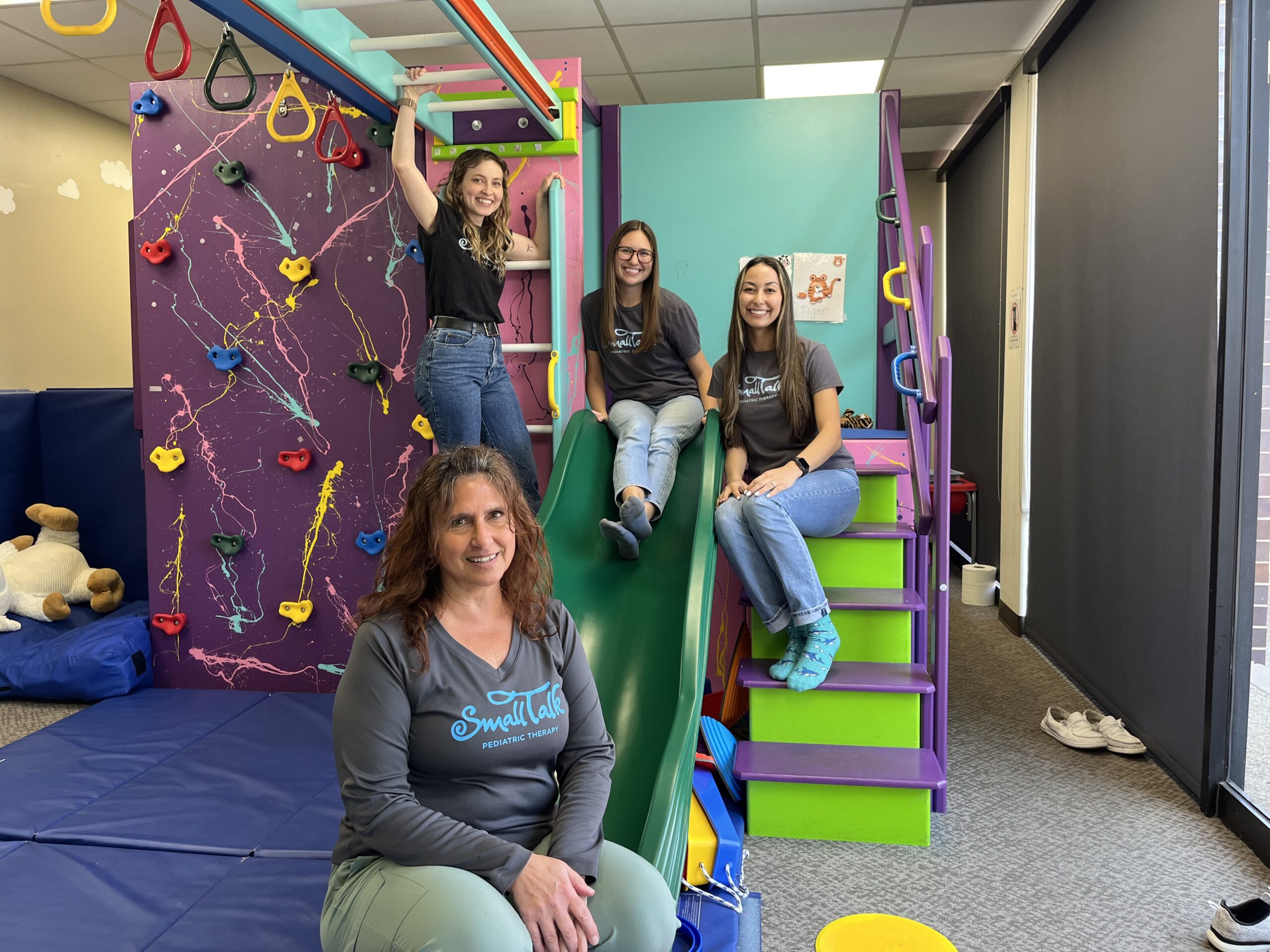April is Occupational Therapy Month!
April is occupational therapy month! It is a month to celebrate occupational therapists and their work to make a difference in the lives of their clients. In pediatrics, occupational therapists support kids in the various occupations that they engage in.
In occupational therapy, occupations are anything clients value and spend their time doing to make their lives more meaningful. In pediatrics, these occupations generally fall under the following categories:
Activities of Daily Living (ADLs)
ADLs are basic self-care activities that include feeding, bathing, getting dressed, toileting, and more. The expectations regarding these activities change as a child grows. Still, through play and fun activities during our sessions, pediatric OTs work on supporting a child’s independence in age-appropriate activities.
Instrumental Activities of Daily Living (IADLs)
IADLs support independent living skills in the community. These activities include meal preparation, chores, and transportation, to name a few. Supporting the skills needed to complete these activities is essential for a pediatric OT.
Rest and Sleep
Rest and sleep are essential occupations that support children and their development. If they aren’t getting appropriate sleep, they can struggle to maintain a proper level of arousal to support engagement with their other occupations. Occupational therapists can help families set up a sleep routine and meet sensory needs for appropriate sleep, among other things.
Education
Education consists of being able to engage in a variety of learning activities. OTs support skill-building and environmental adaptations to allow children to access their education to the fullest extent possible.
Play
Play is the primary occupation for young children. They learn through play and build a majority of their skills through play. Occupational therapists help children engage in meaningful play and support their self-regulation skills through play. As pediatric OTs, play is the primary way we treat and engage with children.
Social Participation
Social participation is another primary way children interact with their environment. It is how they interact with their peers and those around them. OTs support a child’s regulation and skills to engage in appropriate social participation.
Occupations are not just work; they play a significant role in everyday life for everyone, including children. During April, if you encounter an occupational therapist, thank them for helping their clients engage in meaningful occupations and activities.
References:
American Occupational Therapy Association. (2002a). Occupational therapy practice framework: Domain and process. American Journal of Occupational Therapy, 56, 609–639. https://doi.org/10.5014/ajot.56.6.609
By Erin Christensen, OTD, OTR/L
